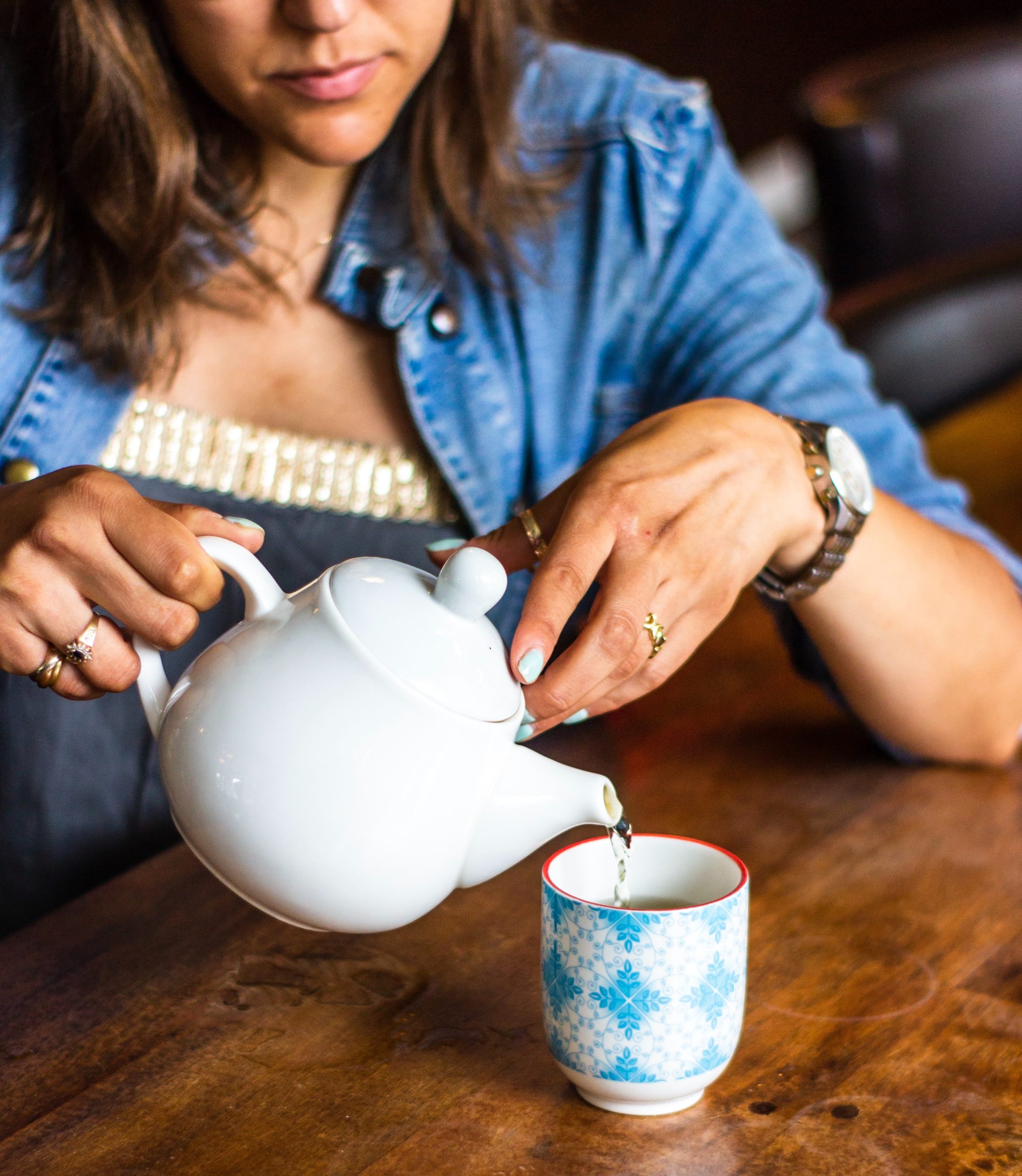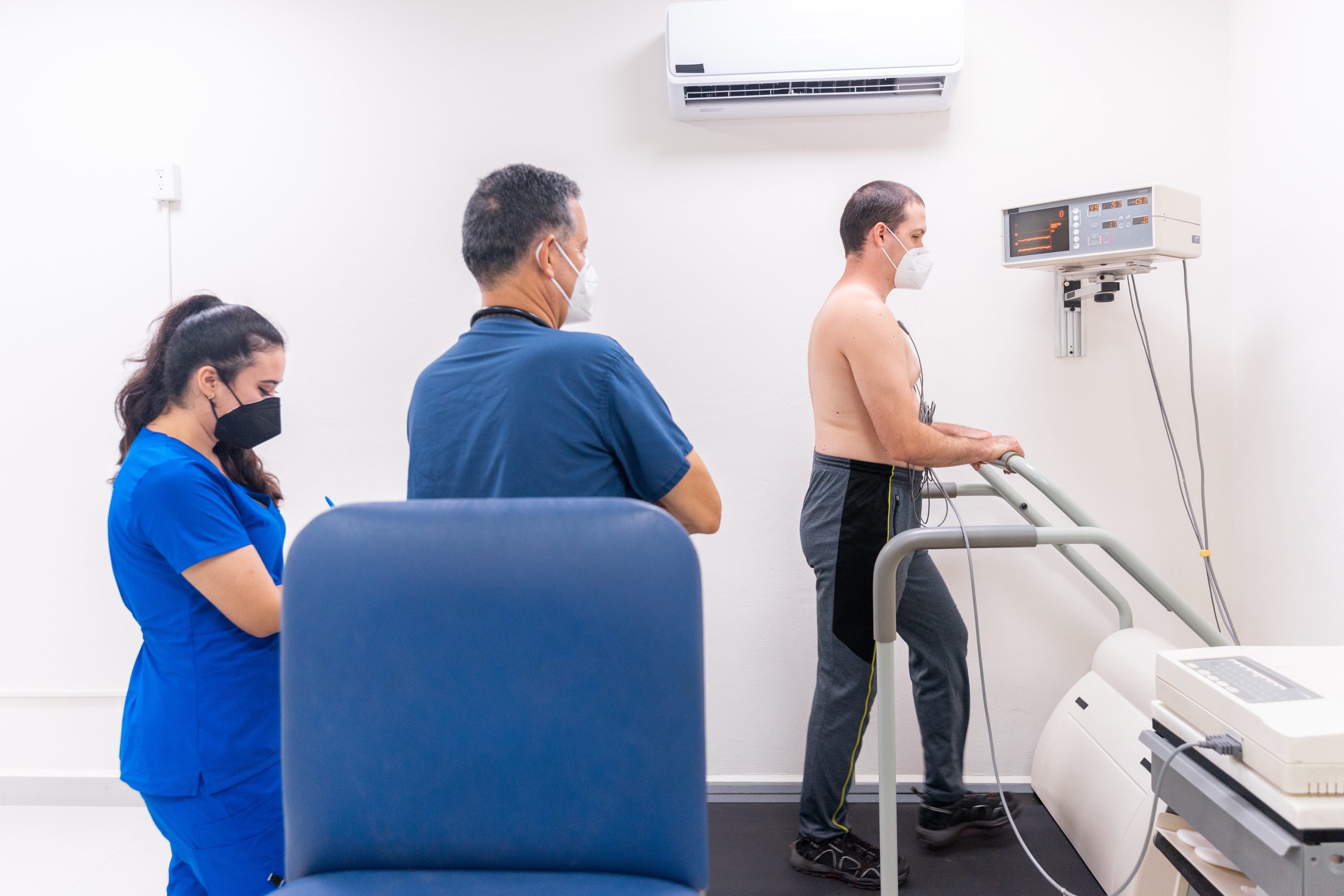When it comes to alleviating the symptoms of a cold, Brits have their go-to remedies, including indulging in steamy baths, gargling salt water, and engaging in vigorous exercise.
A survey of 2,000 adults found that 48 percent believe that boosting their vitamin intake, such as drinking a glass of orange juice, is one of the best ways to prevent feeling unwell.
Nearly a third (31 percent) still adhere to the belief of “feeding a cold and starving a fever.”
Meanwhile, 29 percent think that going outside without a coat will make them catch a cold, and 28 percent hold the same belief about going to bed with wet hair.
Seven in 10 Brits agreed that proactive illness prevention is better than treating the symptoms.
Popular measures to maintain good health include aiming for seven to eight hours of sleep each night (50 percent) and taking vitamin D (33 percent).
However, only 16 percent practice good nasal hygiene, which experts consider one of the simplest and most effective ways to support the immune system against cold and flu.
Seventy percent admitted they were unaware that “good nasal hygiene” could be helpful.
Yet, 64 percent confessed to taking their clear and unobstructed airways for granted until they were congested with a cold.
More than a fifth (21 percent) said they were unfamiliar with the concept of nasal hygiene, 33 percent believed it involved blowing their nose, and exactly one in 10 thought it meant picking their nose.
In the fight against flu, Dr Zoe Williams, in collaboration with Stérimar, emphasized the importance of prevention: “Some well-known ways to help maintain a healthy immune system include getting enough sleep, being physically active, staying hydrated, and having a healthy diet, which should include vitamin D. But there’s one remedy that is proven to work—that many Brits do not know about—practicing good nasal hygiene.”
It also emerged that some resort to various home remedies when they fall ill, with 11 percent turning to cups of soup to “sweat out” their illness, 22 percent opting for steamy baths, 19 percent enjoying a “hot toddy,” and 18 percent choosing to sleep in an upright position.
Other unconventional and peculiar home remedies include consuming raw onions (seven percent), applying goose grease to the chest (five percent), wearing cold and wet socks to bed (six percent), and eating oysters (five percent).
Just under half (48 percent) of those who try home remedies rely on remedies passed down from their parents or grandparents, while nearly a third (31 percent) receive advice from friends or relatives.
Dr Zoe Williams added, “Brits also swear by their preferred home remedies when struck down with a cold or flu, especially those that have been passed down through the generations or recommended by friends. However, most don’t have any scientific backing—and what works for one person may not work for someone else.”
Top 20 Remedies Preferred by Brits When Feeling Ill:
- Applying vapour rub
- Drinking honey and lemon
- Taking vitamins
- Drinking hot water and lemon
- Wearing multiple layers of clothing
- Using medicated nasal spray
- Putting your face over a bowl of hot water with menthol crystals
- Having a steamy bath
- Eating chicken soup
- Gargling salt water
- Enjoying a “Hot Toddy” (hot alcoholic drink)
- Sleeping in an upright position
- Drinking hot blackcurrant squash
- Using natural, non-medicated nasal spray
- Exercising vigorously
- Sitting in the bathroom with the shower on
- Smelling ginger
- Lying flat on your back to stop a runny nose
- Eating raw onions
- Wearing cold, wet socks to bed






